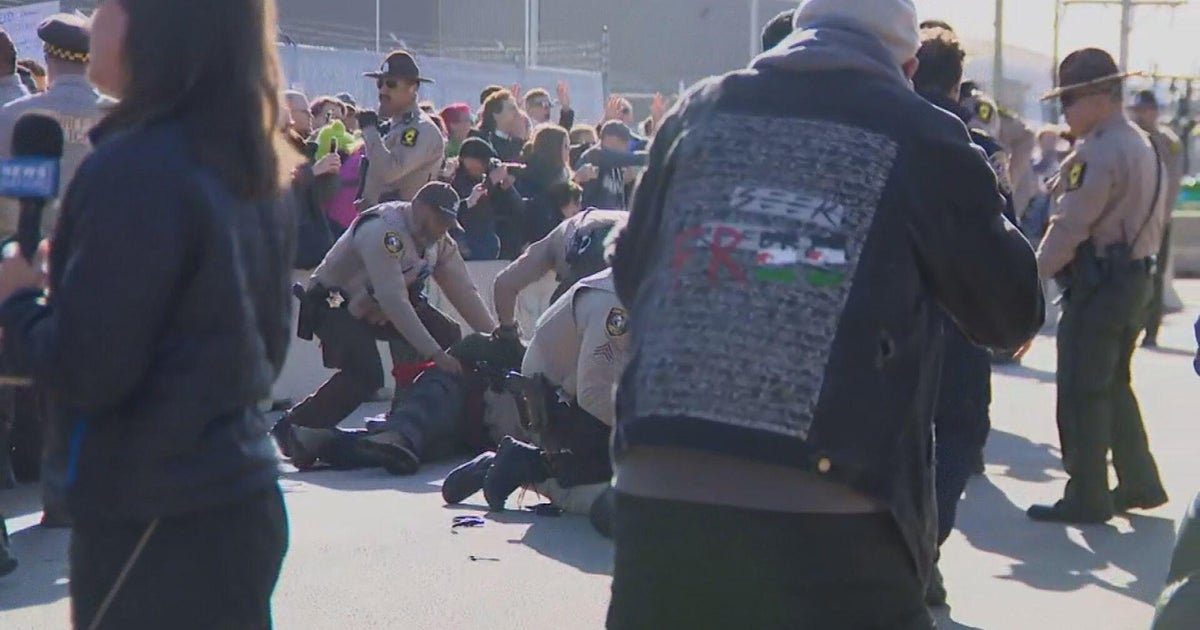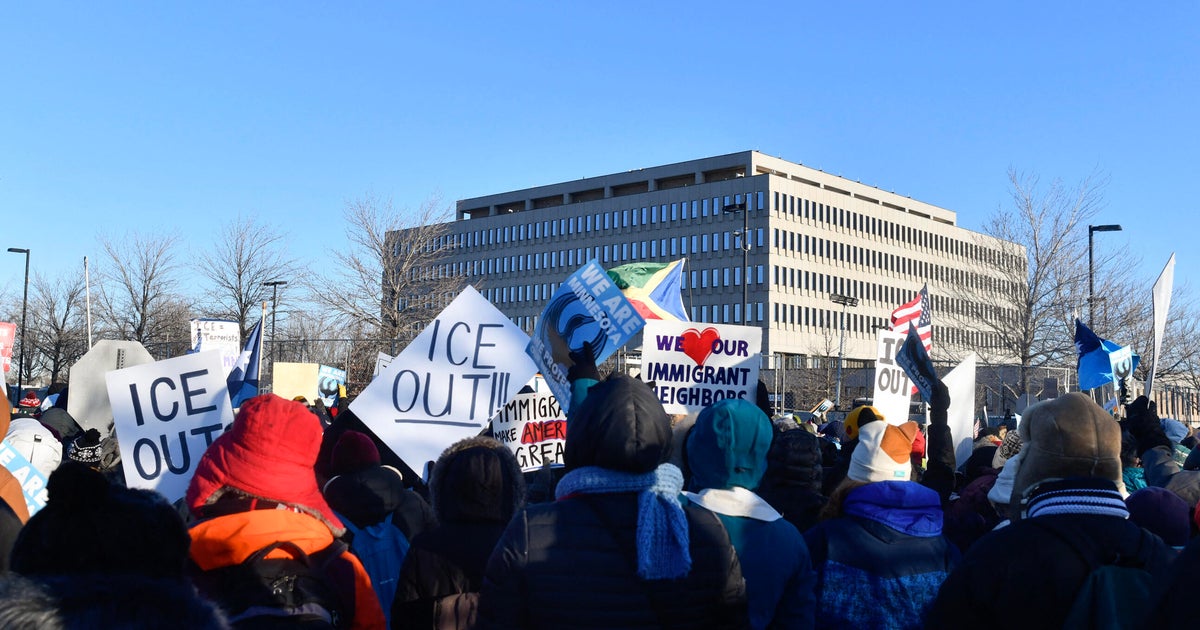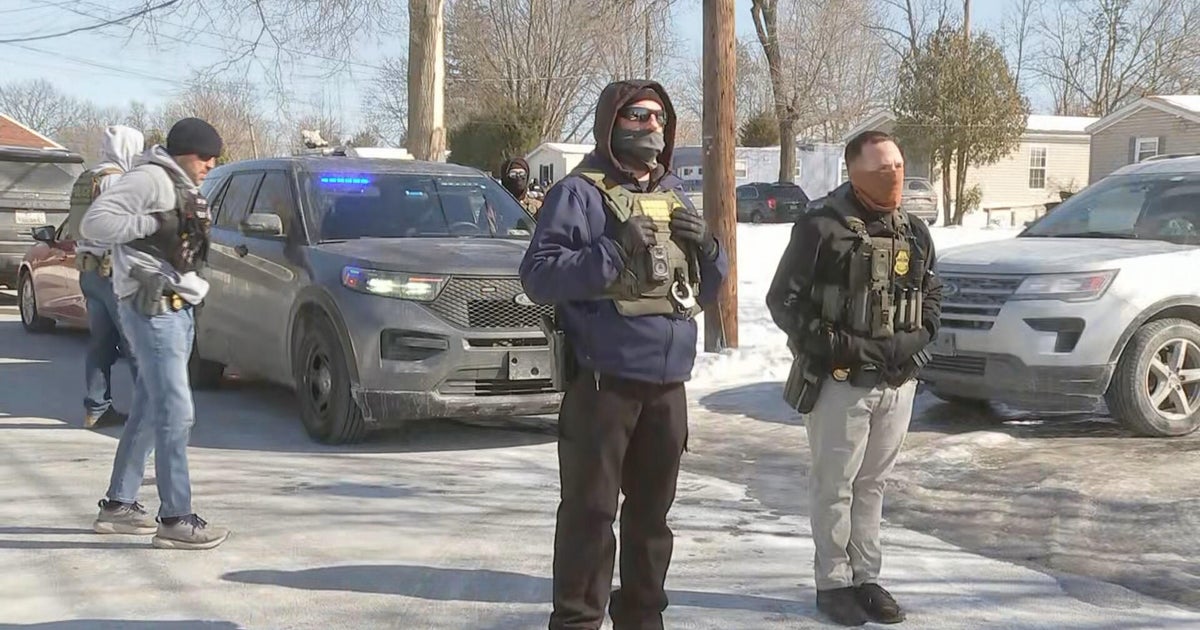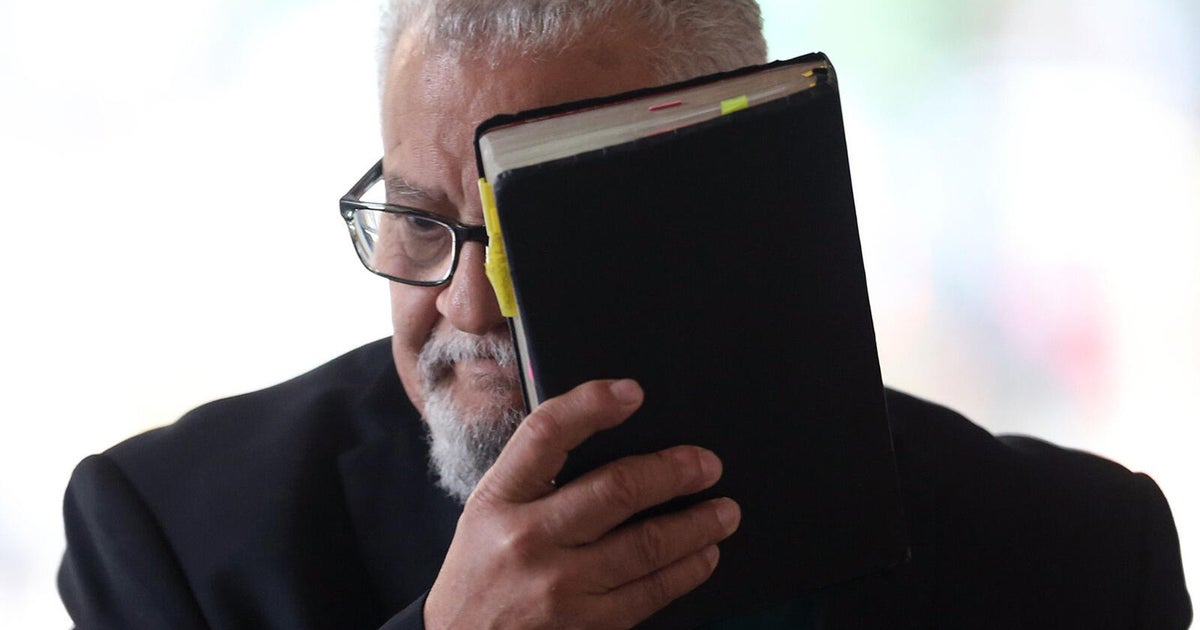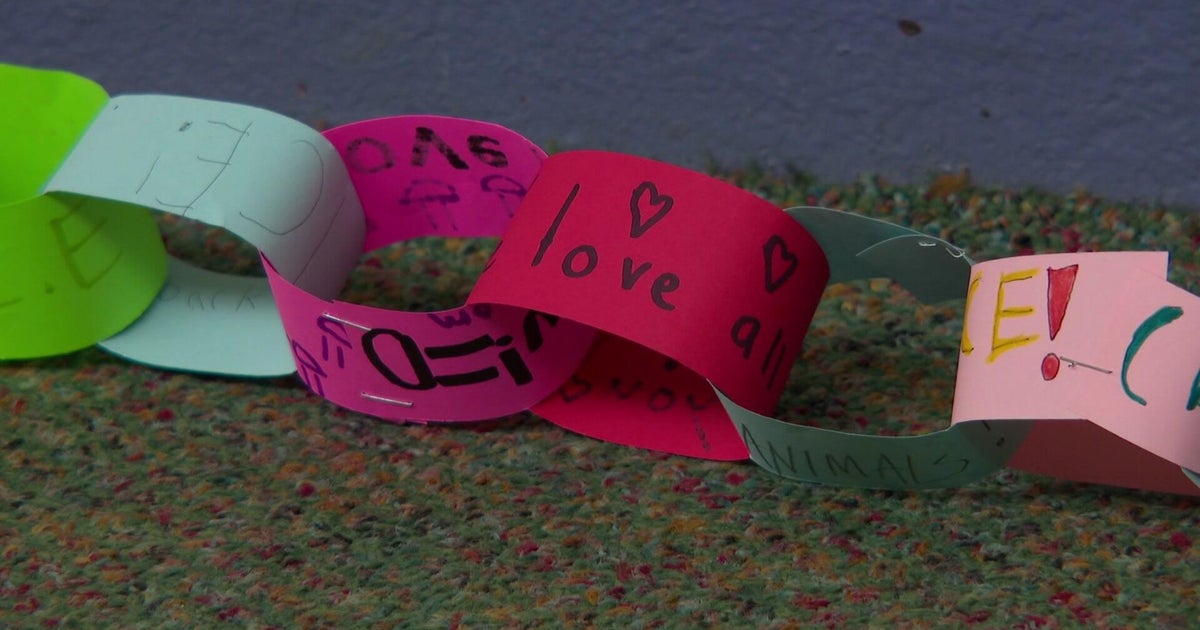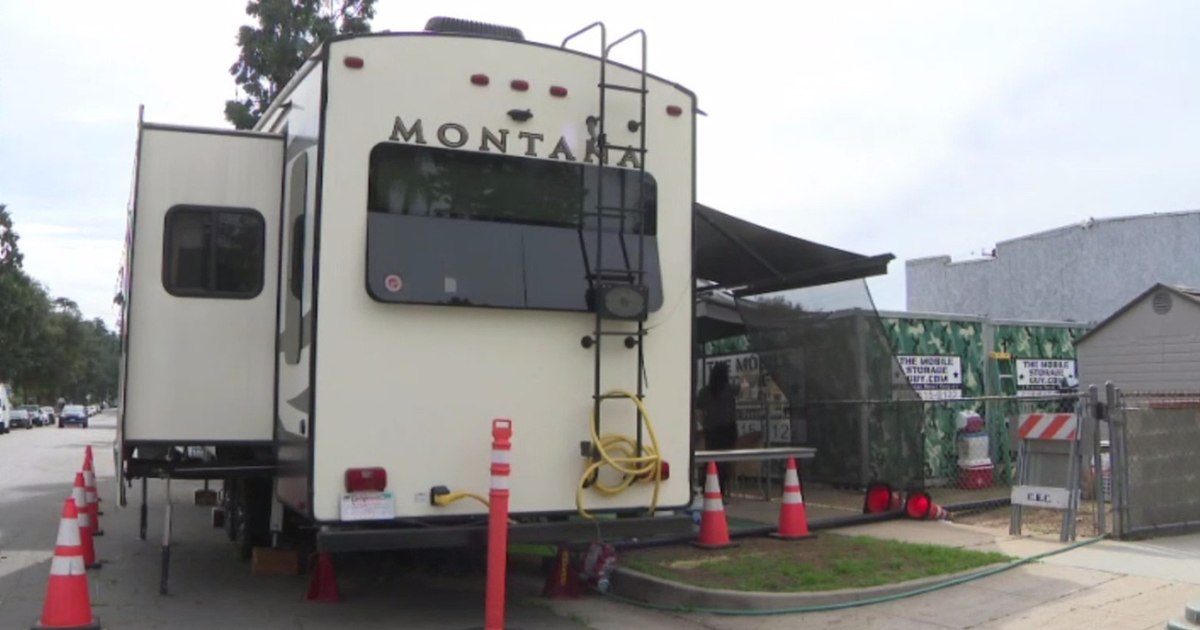As the DNC in Chicago again sees large protests, a new generation of demonstrators finds inspiration in the past
As thousands of demonstrators march through the streets of Chicago outside of the Democratic National Convention, the echoes of the 1968 protests can be heard loud and clear.
Michael James, now 82 years old, recalled the police crackdown on those protests, telling CBS News, "It was basically an attack."
James can be seen in a famous photograph of protesters surrounding a police van.
"The myth has persisted over the years that we tipped it over," he said. "We did not. We rocked it."
In 1968, Bill Ayers was a leader in Students for a Democratic Society. He said the clashes with police were "terrifying."
"They beat me up ... took me to Cook County Jail, where I stayed all night," Ayers said.
No one is expecting that level of volatility or violence 56 years on at this week's convention, but the connection between the two groups of protesters is striking.
Celia Nimz, 26, is an organizer for the new Students for a Democratic Society. She said the group "learned a lot" from the previous generation and "the way they protest, the way they take the streets."
Nimz also acknowledged that things are very different in 2024.
"Different generation, different time, different technology, for sure," she said.
Ayers, now 79, agreed, but said he feels "the moral energy is very similar."
"I'm looking uneasily at the world, as we all should, and then we should do something about it," he said.
Ayers and his wife Bernadine Dohrn, both former members of the Weather Underground, spent the 1970s on the run while they were wanted in connection with a series of bombings of public buildings, including the Pentagon and the U.S. Capitol. The charges against Ayers were eventually dropped. Dohrn turned herself in in 1980 and pleaded guilty to misdemeanor charges.
The protesters' targets in both 1968 and 2024: Democrats, the party in power at the White House. And the driving issue once again: a war. In 1968 it was Vietnam. Now, it's Gaza.
"We're anti-war, anti-intervention. We're opposed to U.S. violence," Nimza said.
Ayers also feels other issues from 1968 persist to this day.
"We have the huge pairing of women's rights and people refusing to go back in the closet," he said. "The themes we were worrying about fighting 60 years ago are still true today."
Chicago police have trained on de-escalation tactics for a year to prepare for this convention.
Nimz said the group is "planning to have a family-friendly" protest. Ayers noted, "We don't want a police riot, but that doesn't mean it won't happen."
Like Nimz, Ayers said he's demonstrating in Chicago this week.
"If you're not angry, you're not paying attention," he said. "But if you're only angry, you won't get to where we need to go. Only love and generosity will do that."
As for James, these days he's an author and photographer.
"I'm gonna leave it to others to raise criticism of the Democratic Party," he said.

